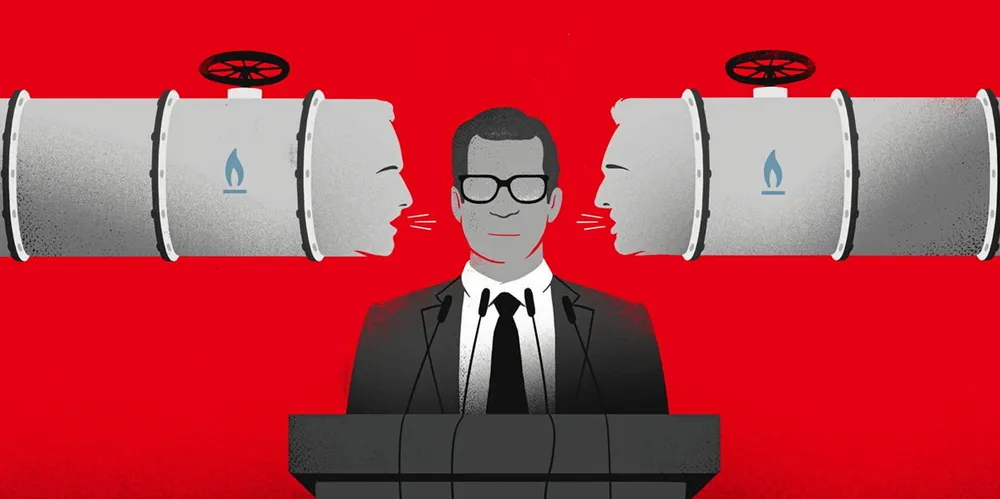'EU support for blue hydrogen would make it harder for Europe to wean itself off Russian gas'
Human rights group issues scathing assessment of plans to include H2 from fossil gas in the bloc's Renewable Energy Directive

Human rights group issues scathing assessment of plans to include H2 from fossil gas in the bloc's Renewable Energy Directive
